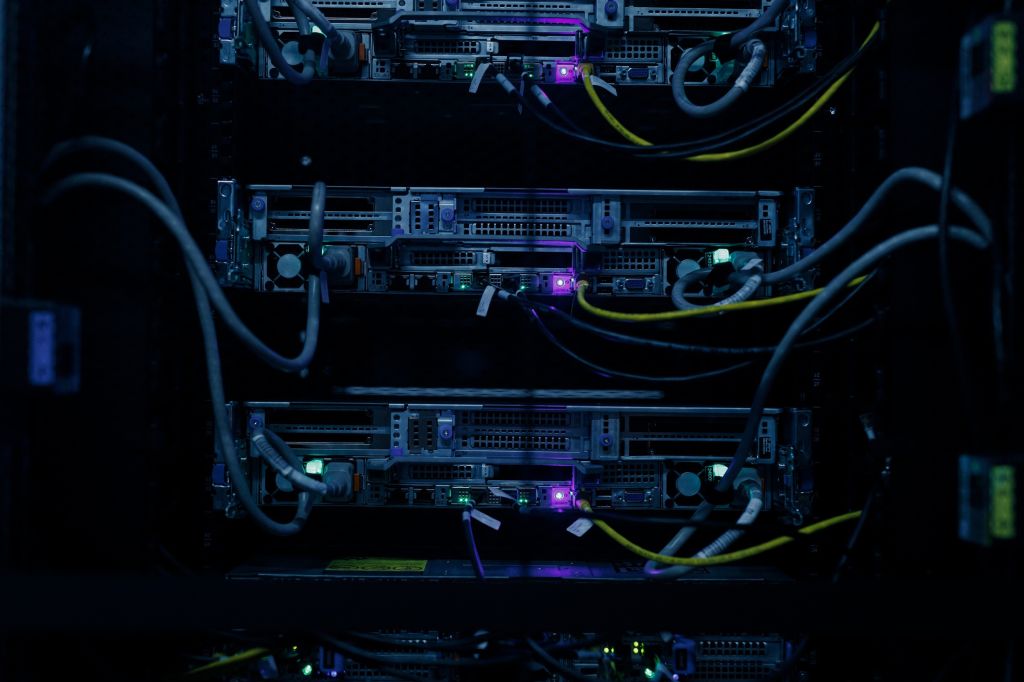Sovereignty by Design: How STACKIT Reimagines the European Cloud
May 08, 2025
STACKIT-CEO Bernd Wagner explains how true control over data and infrastructure is becoming a strategic must-have for Europe’s digital economy.

May 08, 2025
STACKIT-CEO Bernd Wagner explains how true control over data and infrastructure is becoming a strategic must-have for Europe’s digital economy.
Blog

Jun 16, 2025
At TECH 2025 in Heilbronn, Schwarz Digits presented its vision for a sovereign European cloud and AI future – with STACKIT, new partnerships, and strong signals for digital independence.
Apr 25, 2025
Dassault Systèmes and Apple are bringing immersive collaboration to the enterprise. In this interview, Tom Acland, CEO of 3DEXCITE, Dassault Systèmes, explains how spatial computing enables a new kind of interaction with virtual twins – and why this marks more than just another step in digital transformation.
Apr 15, 2025
The fourth industrial revolution, driven by AI and digital technologies, is fundamentally transforming the way we live and work, but also harbors risks such as cybercrime and dependence on digital monopolies. To minimize these risks and safeguard European values, digital sovereignty, i.e. control over one's own data and digital infrastructures, is of crucial importance for companies and states.